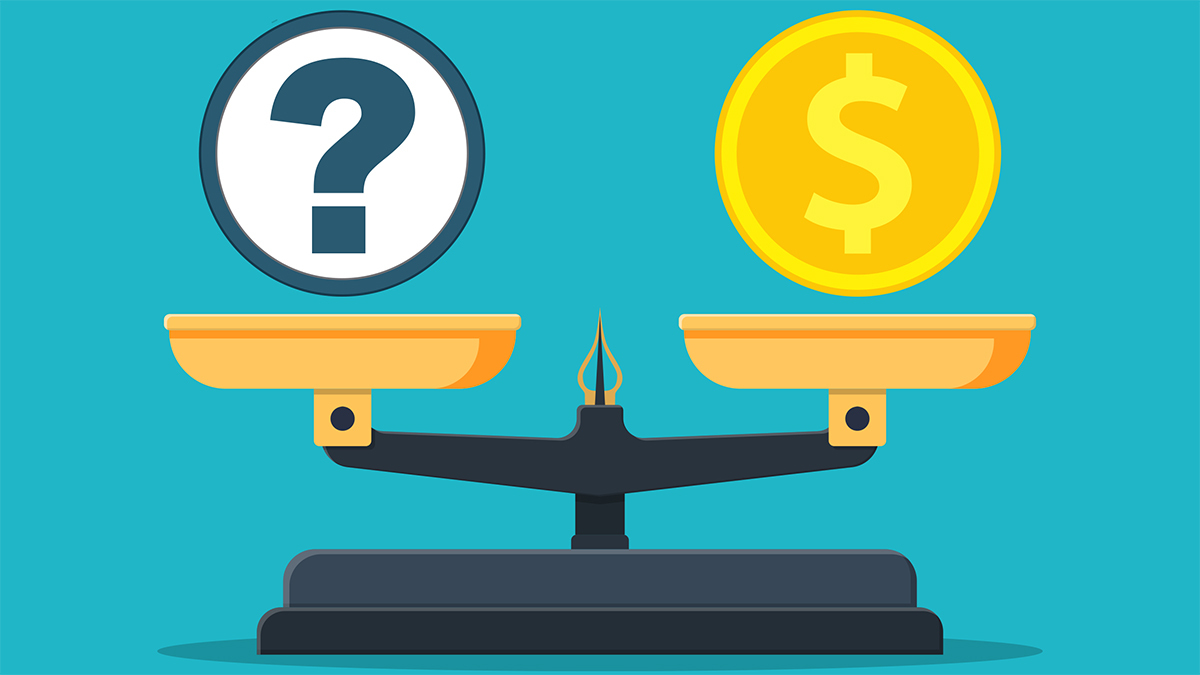Get our independent lab tests, expert reviews and honest advice.
7 ways to save in January

Thanks to the higher cost of living putting pressure on household budgets, Australians are predicted to keep a tighter rein on Christmas spending this year. Even so, forecasts by the Australian Retailers Association predict we’ll spend around $66.8 billion between November and Christmas Eve.
On this page:
For some, spending big in the lead-up to Christmas might make for a lean January. Luckily, spending less doesn’t have to mean a no-fun summer. Here are our top tips to help you enjoy your break without spending a fortune.
1. Try a ‘buy nothing new’ month
One way to cut excess spending is to pledge not to spend money on unnecessary stuff, something the average Australian does far too frequently.
Before you splash out on something, ask yourself if you really need that shiny, new thing. If it is a product you absolutely do require then think about other options before you purchase. For example, borrow or rent rather than buying outright. You can also shop second-hand or swap instead.
Second-hand clothes, workout equipment, gifts and homewares are easy to find and by choosing a pre-loved product you’ll not only be doing your wallet a favour, but you’ll also be helping the planet.
2. Do a dry January
Australia is notorious for being a nation that likes a drink and alcohol isn’t necessarily cheap. Average household spending on alcohol in 2015–16, the last period for which figures were available, was $32 a week, and given inflation in recent years we’re likely to be spending more than that now.
Giving up the booze for January is not only a way to save money, it will also be a big boost to your health. Think how much more you’ll be able to enjoy those early summer mornings with a clear head. You’ll reach February fresher and richer – what’s not to like about that?

3. Enjoy the great outdoors
We’re blessed here in Australia with lots of gorgeous outdoor spaces we can enjoy and a climate that makes getting outside even more appealing.
A swim at the beach or your local pool doesn’t need to cost much. A picnic with friends and family at a nearby park is also a great option. Spending time in nature is not only a cheap way to enjoy the summer weather, but it’s also good for you, improving mood, reducing feelings of stress and helping you feel more relaxed.

4. Turn those unwanted items into cash
It’s never been easier to turn your unwanted items into cash. Why not take advantage of a break from work to spend a few hours sorting your stuff to decide what you do and don’t need to hang on to? Second-hand selling platforms like Facebook Marketplace and Gumtree can be a great way to profit from good-quality products you aren’t using. Do be wary of scammers though, who are known to target both buyers and sellers on these platforms.
If you prefer to do your transactions in person, organising a garage sale or selling at a local market are other options to consider.
5. Enjoy some free (or cheap) culture
Getting out to enjoy your hometown or city doesn’t mean you have to spend loads of money. Free museums and galleries can be found around the country and are a great way to be enriched and entertained without forking out too much cash.
If you want to see a movie or a play, look out for platforms like TodayTix that offer discounted tickets for stage shows. Many cinemas will also have particular days of the week when they sell cheaper tickets, so do your research and plan to nab a deal.
6. Socialise on the cheap
If you usually catch up with friends at a restaurant or pub, try a cheaper option for socialising. Bring-a-plate dinners allow you to socialise without spending a fortune. Make it even more fun by combining it with an old-school games night. You can even try the local second-hand shop for great-value board games.
7. Eat in season
We’ve written a lot about how to save on food and one way to do that is to buy what’s in season, since that’s usually where you can pick up the best bargains.
To make those savings last even longer, take it a step further by preserving cheap fruit and veg for the months ahead.
Fresh herbs can be covered in a neutral oil and frozen, or you can use a dehydrator or oven to dry them. You can also dry fruit and vegetables such as berries, apricots, peaches, plums, corn, green beans and tomatoes, to name just a few. This can be a great way to get more from fresh produce when it’s at its cheapest.






